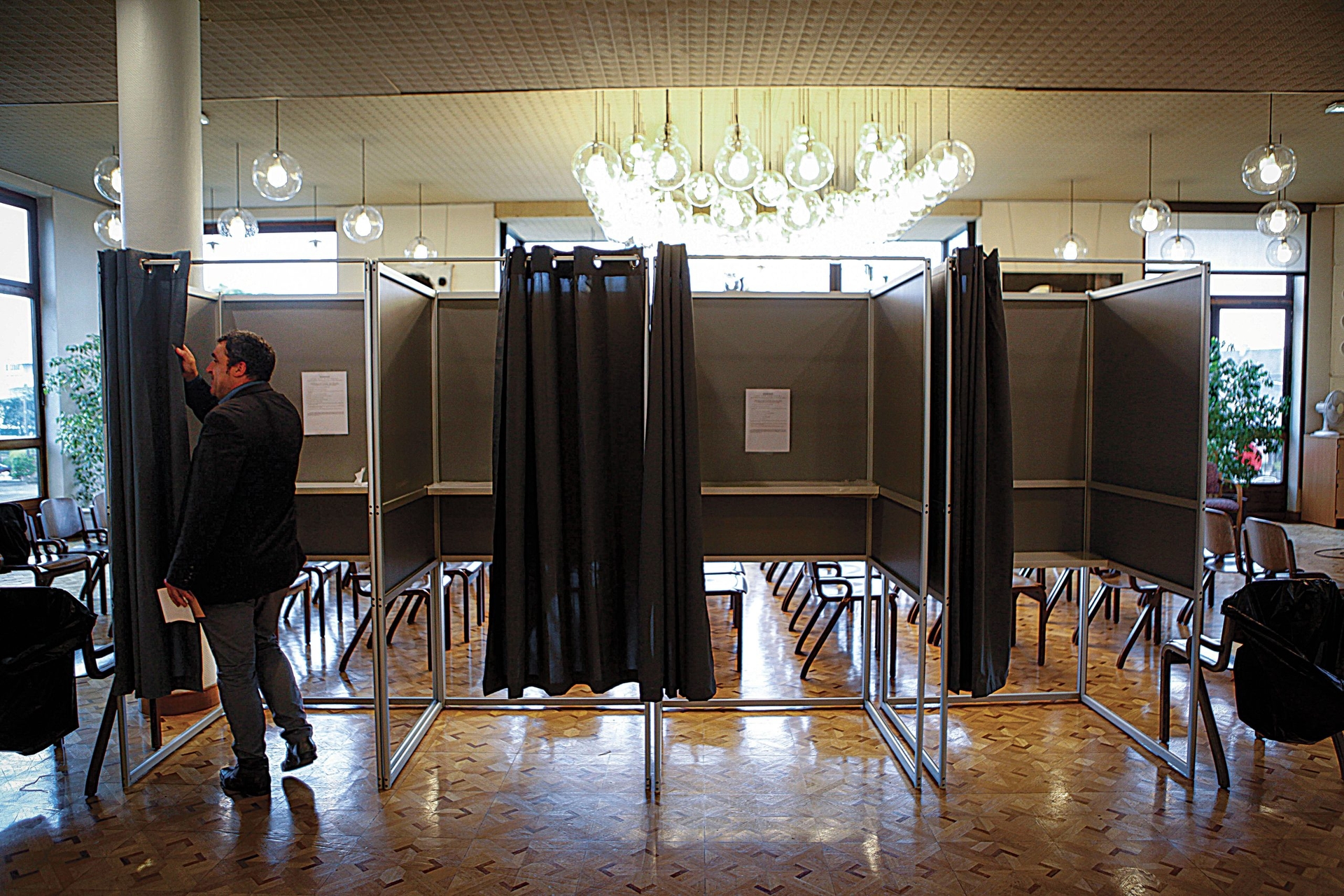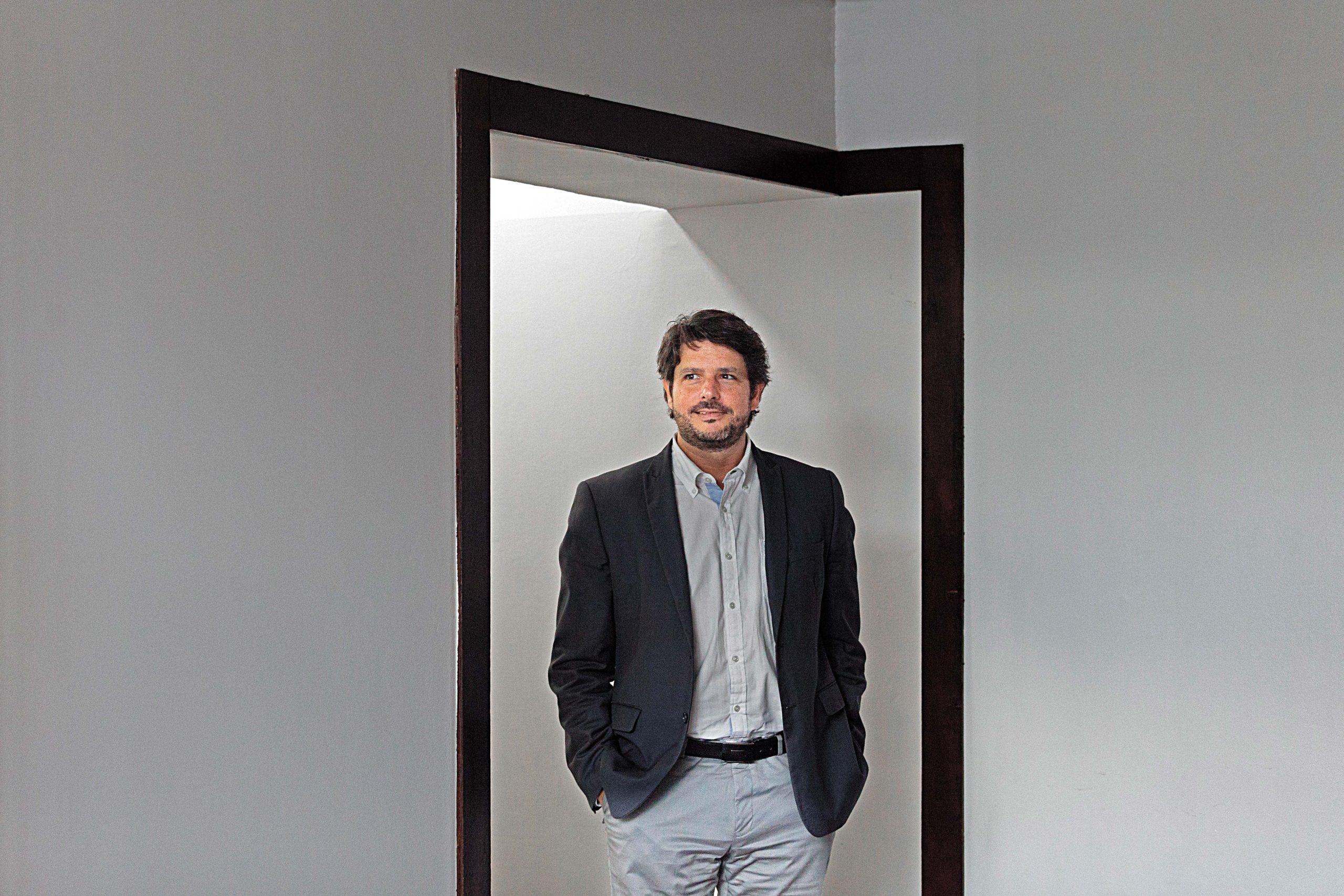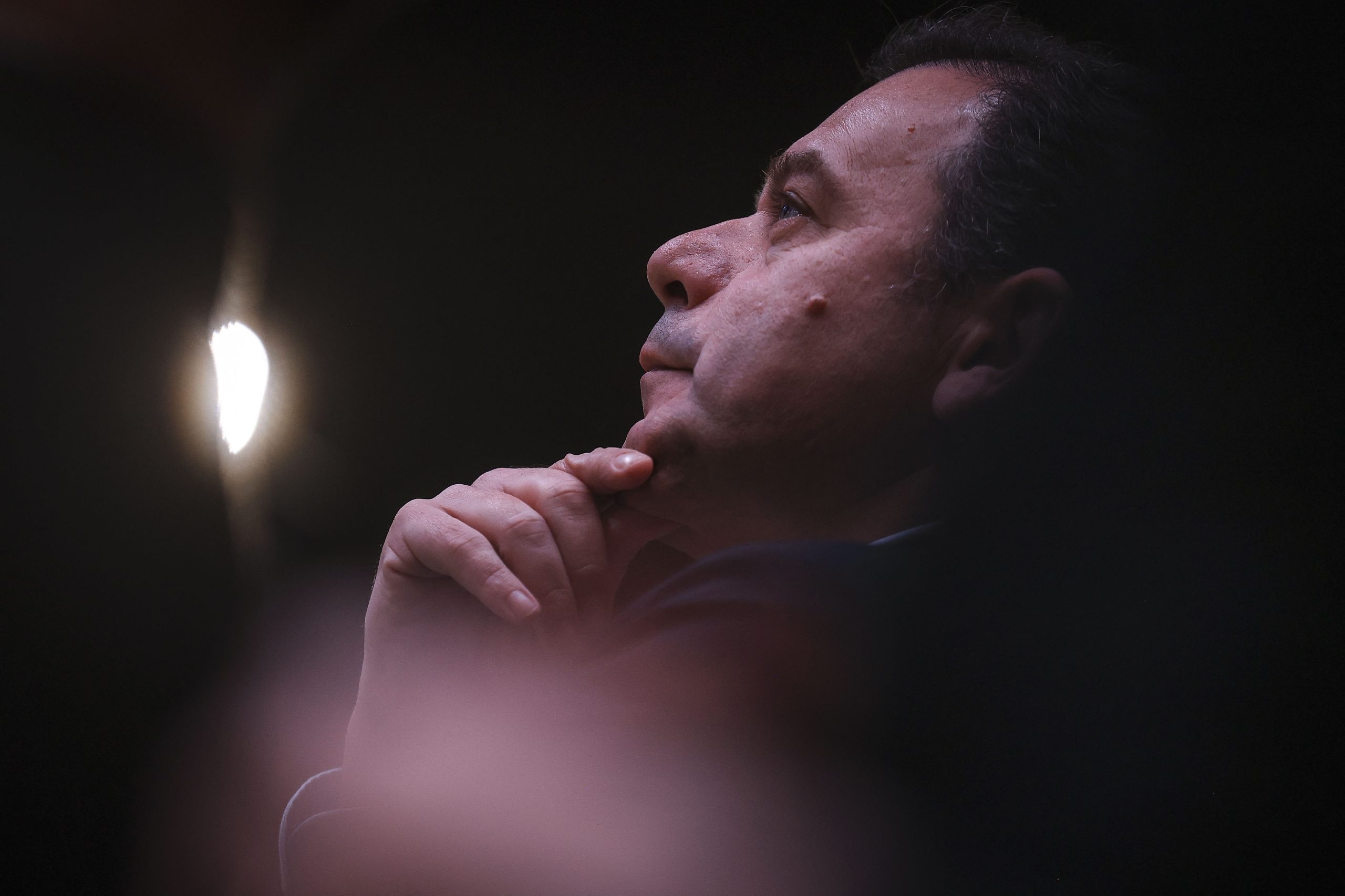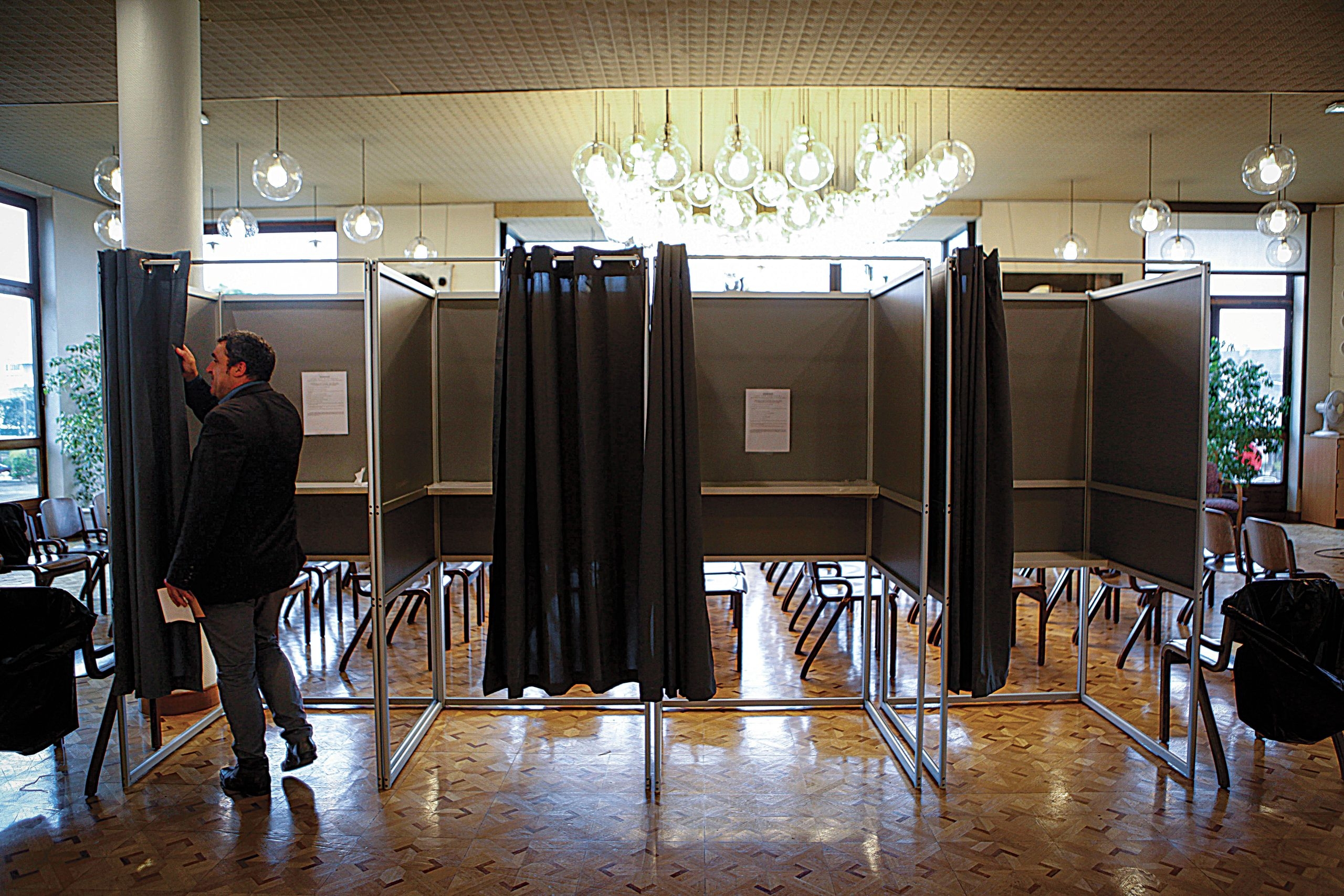Emigration matters less in presidential elections.

Among the 4 + 1 candidates with a chance of advancing to the second round, António José Seguro, Henrique Gouveia e Melo, and Luís Marques Mendes visited Portuguese communities abroad, where, in recent years, the growth of Chega, led by André Ventura, has been visible. Ventura has not yet traveled abroad for his pre-campaign, but he will, at least according to a source close to the candidate who spoke to Nascer do Sol . Cotrim de Figueiredo has been 'living' in Europe recently, but it doesn't seem that this will significantly impact the presidential election results.
However, it is worth mentioning that the weight of the emigrant vote in the presidential elections is almost negligible: it does not correspond to more than 2% of the number of registered voters – far below the vote in the legislative elections, which continues to be unenthusiastic, standing at 5% – and represents less than 1% of the total number of voters.
In the last presidential elections, in 2021, which re-elected Marcelo Rebelo de Sousa with 60.70% of the vote, the re-elected president received 52.65% of the vote in the diaspora. Abstention in both European and non-European constituencies was above 90%. Of the 1,549,380 registered voters, only 29,152 cast their ballots.
Another note: in Portugal, and still regarding the 2021 presidential elections, André Ventura obtained 496,773 votes, corresponding to 11.90%, but in electoral districts outside the country that figure rises to 12.55%, which represents 3,613 votes.
This trend is also evident in legislative elections. In May 2025, Chega obtained 22.76% in overall results and 26.15% abroad, where it was the most voted party; in March 2024, 18.07% in overall results and 18.30% abroad, also as the most voted party. Going back to 2022, right after the re-election of Marcelo Rebelo de Sousa and with André Ventura as a candidate, Chega obtained 7.18% in overall results and 8.02% abroad. Between 2022 and 2025, Chega's rise in Portugal and abroad runs parallel, with a slight advantage for results outside the country. This is the pattern of the diaspora electorate, with Chega gaining ground and votes in each election.
Insurance in Europe
Returning to the 2025 presidential elections, the candidates have already begun their journeys through emigration. António José Seguro went to France, Belgium, Luxembourg, and Switzerland, where he stayed for a few days. Switzerland is currently the second most popular destination for Portuguese emigrants, representing 11% of the diaspora, a more qualified and demanding emigrant population.
Seguro spoke to Nascer do Sol about this trip, stating that the younger generation "aspires for the Portuguese economy to be more competitive and, consequently, pay better salaries," and that, among the older generation, he noted a desire for the Portuguese state to function "with less bureaucracy and, essentially, with better access to healthcare and justice in the taxation of their pensions."
From everything he saw and heard, he came away with the impression that "better salaries and better professional opportunities — namely career progression and the fact that they are at the forefront of research, technology and their professional fields — explain the Portuguese exodus to Switzerland."
Seguro shares the criticism of the difficulties caused by in-person voting in presidential elections, noting that "in most cases, in-person voting requires hours of travel to vote," which discourages participation. However, he points out that the January 2026 elections "will be more competitive," with "four candidates in a position to win," and is confident that there will be more voters this time than in 2021. He also maintains that "the voting method should be the same in all legislative and presidential elections" and that "the introduction of electronic voting should be considered when applied nationwide."
The presidential candidate assures that "if elected President of the Republic, I will dedicate myself to promoting the Portuguese language" and to "expanding cultural and economic markets."
Seguro's contact with the Portuguese communities was not neutral. In Luxembourg, the candidate met Samuel, a young Portuguese Uber driver, who touched him with the love he expressed for the country and his concern for his mother and sister, who live in Portugal. He also met Armindo, a businessman with a "broken heart at having to close his business and return to Portugal after 39 years," and visited the land where the first shacks were built, barely sheltering the Portuguese who emigrated in the 1960s, the so-called bidonvilles: "I looked at each name, on each brick of the monument erected in their memory," he told us.
As a counterpoint, Seguro brought up a conversation he had with young people who work and research in large companies in Zurich, "bearers of intelligence, energy and vision for the Portugal of the future," who want to help build the country with more initiative and less bureaucracy.
Regarding the rightward-leaning voting patterns of the diaspora, the candidate told us that he hopes to "give the Portuguese people reasons to vote for the idea of a united Portugal, with hope for a better future that I represent."
Gouveia and Melo in Brazil and Switzerland
Gouveia e Melo also undertook several trips to Portuguese communities, maintaining close contact in Brazil and also in Switzerland.
“Portugal is a much larger entity than its territory,” Henrique Gouveia e Melo told Nascer do Sol . The presidential candidate has also made several trips to Portuguese communities, after Brazil and Switzerland, and has planned trips to central Europe, to countries such as Belgium, France or Luxembourg, and also to the United Kingdom, if his busy schedule allows.
The candidate also told us that Portuguese emigrants are "spearheads of our economy and our culture," towards whom we can "have a cynical or utilitarian attitude" or an "attitude based on principles and values." We are 10 million Portuguese in a small territory, with more than one and a half million emigrants scattered around the world—not counting those of Portuguese descent—and it is through this community that, in the Admiral's opinion, the internationalization of the Portuguese economy also passes.
When questioned about the almost negligible value of the diaspora vote, Gouveia e Melo admits that he doesn't travel "for the number of votes," but with the expectation that his project will be an opportunity for all those who are unhappy with what they see in Portugal, who are disillusioned, and who see in his candidacy "a unifying project." He wants them to see him as a candidate "of a Party called Portugal" and to see in the Presidency "a common destiny—less a place of politics and more a place of a common destiny."
Like the other candidates, he also considers in-person voting to be "unfair," arguing that there cannot be different laws for those born and living in Portugal, for those born in Portugal and living abroad, and even for those who were not born in Portugal but acquired Portuguese nationality. A kind of message – it's been delivered.
Mendes in London
Luís Marques Mendes claims an advantage in emigration because, as he was keen to emphasize to Nascer do Sol , "the Portuguese around the world have always been on his political agenda."
In the timeline, it is worth remembering that, in 1992, Marques Mendes was Secretary of State to the Presidency of the Council of Ministers and later Deputy Minister to the Prime Minister of the XII Constitutional Government, led by Aníbal Cavaco Silva. He oversaw RTP (the Portuguese public broadcaster) in the year that private television channels emerged and created, from the public television network, RTP Internacional, which began broadcasting on July 10 of that year. In 1997, he was involved in the constitutional revision that consolidated and clarified the right to vote for Portuguese citizens abroad.
In 2025, during the pre-election campaign, he will launch a manifesto in which he makes a commitment to the Portuguese communities and presents the ambitious project of "open presidencies" outside the country, should he be elected to the Belém Palace, a measure that is "innovative" and a "break" with the way the Presidency of the Republic has understood the Portuguese communities around the world, he told us.
We spoke with Marques Mendes about June 10th, but the presidential candidate clarified that it has nothing to do with it: his open presidencies will not be a moment of celebration or festivity, but rather a time to address the problems of emigrant communities. He will bring with him ministers and other entities capable of providing concrete solutions to the problems of the approximately 1.4 million emigrants scattered around the world – a number equivalent to the number of immigrants currently living in Portugal.
As the candidate supported by the ruling party, we asked LMM if he felt he had an advantage. The candidate isolates the issue and says that the Portuguese around the world “know what he has done for them” and that, for years, he has been “received with gestures of enormous affection” wherever he goes. As a candidate, he has been making several trips abroad: he has already been to the United States, Luxembourg and France; recently he was in London and on the island of Jersey, and he also plans to go to Brazil and Switzerland.
During his conversation with Nascer do Sol, Luís Marques Mendes made a point of clarifying that his interest in the diaspora is not new, referring to the manifesto where it can be read: “This sensitivity of mine towards the diaspora is not new. It has always been there. I don't praise the Portuguese diaspora just because I'm a presidential candidate. In the past, at other times and in other roles, I have affirmed this global Portuguese identity through actions and initiatives.”
Having said that, he continues to advocate for reforms to the voting system for Portuguese citizens residing abroad, with the introduction of electronic voting to increase the participation of emigrants. He is very critical of the current system, which restricts in-person voting to presidential elections and does not allow postal or digital voting, considering it "unfair" and "precarious." He also stressed that, if elected, he intends to act firmly with the parties to correct these inequalities and ensure that emigrants have the same right to civic participation as national residents.
Starting from London, and after a visit to "Little Portugal," a neighborhood in the south of the city, Marques Mendes traveled to the island of Jersey, where 15% of the population is Portuguese, the vast majority originating from Madeira. He emphasized to the newspaper *Ao Nascer do Sol* that he was the first Portuguese politician to do so.
From these trips, LMM brings back a fundamental concern: the inability that the Portuguese State has demonstrated in organizing and institutionalizing the teaching of the language in the different parts of the world where Portuguese communities reside. João Cancela, professor of Political Science at NOVA FCSH – UNL, told us that “although automatic voter registration has multiplied the number of registered voters outside Portugal, in-person voting continues to strongly limit participation,” adding that “in 2026 it is possible that participation will increase slightly, without the restrictions and demobilization associated with the pandemic, but it is also possible that voter turnout in Portugal will also increase, which will keep the relative weight of the diaspora practically unchanged.”
Jornal Sol




